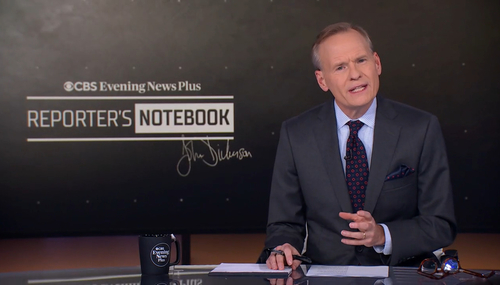 Climate realists won a huge battle with Global Warmingist-in-Chief Al Gore when the former Vice President pulled a new slide he recently added to his now famous -- or, more to the point, infamous! -- presentation linking an increase in natural disasters to "climate change."
Climate realists won a huge battle with Global Warmingist-in-Chief Al Gore when the former Vice President pulled a new slide he recently added to his now famous -- or, more to the point, infamous! -- presentation linking an increase in natural disasters to "climate change."
As the New York Times' Andrew Revkin reported moments ago:
The graph, which was added to his talk last year, came just after a sequence of images of people from Iowa to South Australia struggling with drought, wildfire, flooding and other weather-related calamities. Mr. Gore described the pattern as a manifestation of human-driven climate change. “This is creating weather-related disasters that are completely unprecedented,” he said.
According to Revkin, this slide has now been nixed:
Two days after the talk, Mr. Gore was sharply criticized for using the data to make a point about global warming by Roger A. Pielke, Jr., a political scientist focused on disaster trends and climate policy at the University of Colorado. Mr. Pielke noted that the Center for Research on the Epidemiology of Disasters stressed in reports that a host of factors unrelated to climate caused the enormous rise in reported disasters (details below).
Dr. Pielke quoted the Belgian center: “Indeed, justifying the upward trend in hydro-meteorological disaster occurrence and impacts essentially through climate change would be misleading. Climate change is probably an actor in this increase but not the major one — even if its impact on the figures will likely become more evident in the future.”
Officials at the disaster center, after reviewing what Mr. Gore showed and said, sent a comment to Dr. Pielke’s blog and to me. You can read their full response below. I sent it to Mr. Gore’s office and asked for his interpretation. Kalee Kreider, Mr. Gore’s spokeswoman on environmental matters, wrote back today:
I can confirm that historically, we used Munich Re and Swiss Re data for the slide show. This can be confirmed using a hard copy of An Inconvenient Truth. (It is cited if you cannot recall from the film which is now several years old!). We became aware of the CRED database from its use by Charles Blow in the New York Times (May 31, 2008). So, it’s a very new addition.
We have found that Munich Re and other insurers and their science experts have made the attribution. I’m referring you particularly to their floods section/report [link, link] Both of these were published in a series entitled “Weather catastrophes and climate change-Is there still hope for us.”
We appreciate that you have pointed out the issues with the CRED database and will make the switch back to the data we used previously to ensure that there is no confusion either with regards to the data or attribution.
What I do find fascinating is that Gore relies on information from insurers. After all, such are not impartial players in this debate.
Consider that if an insurer is involved in a disaster claim, any evidence of a link to "climate change" could reduce or invalidate said claim as another entity -- i.e. any company involved in the production and/or use of fossil fuels!!! -- can be blamed for the disaster thereby saving the insurance company money.
Kudos to Revkin for not only publishing this piece but also going out of his way to bring it to our attention.
How much press might this decision by Team Gore get from global warming-obsessed media?
Stay tuned.
*****Update: Dr. Pielke has responded...
Switching from the CRED dataset to Munich Re (and Swiss Re) data does not solve the basic problem. As we found in an expert workshop organized in 2006 with Munich Re — The Munich Re dataset has exactly the same problems as the CRED dataset. Attribution of the role of greenhouse gas driven climate change in the increasing economic costs of disasters has yet to occur. So using a different dataset does not address the underlying problem.
But here's the money quote from Pielke:
Now that Gore has admitted that including the slide based on CRED data was a mistake, it raises a more fundamental: How could it be that Al Gore presented obviously misleading information before a large audience of the world’s best scientists, which was then amplified in a press release by AAAS, and none of these scientists spoke up?
Exactly!!!
*****Update: Pielke provided more insight concerning the conflict of interest insurers have in this debate here.




